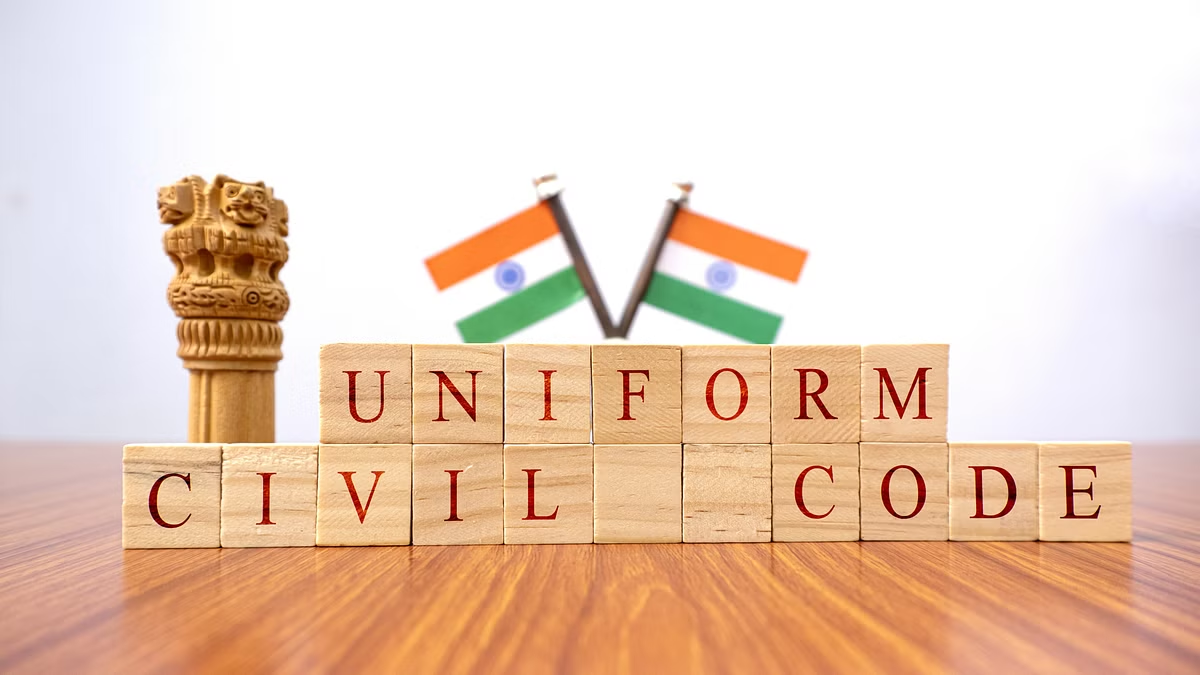“A child’s mental health is just as important as their physical health, and deserves the same quality of support.”-Anna Freud
Child welfare law is a delicate and essential aspect of the legal system, aiming to protect and promote the rights and well-being of children. The intersection of psychology and law becomes particularly vital when the welfare of a child is at stake. Legal frameworks alone may not provide the comprehensive understanding required to navigate the complexities of a child’s mental, emotional, and developmental needs. This is where psychology steps in, offering valuable insights to help legal professionals make decisions that serve the best interests of the child.
Why Psychology Matters in Child Welfare?
Children are not just smaller versions of adults; their brains, emotions, and cognitive abilities are still in a formative stage. They process trauma, family conflicts, and difficult experiences differently than adults. The application of psychology in child welfare law helps the legal system understand how children perceive their world, how they react to stressful situations, and what interventions are necessary to ensure their long-term well-being.
When courts decide on matters such as custody, adoption, or foster care, psychological assessments become crucial. Understanding the child’s emotional bonds, developmental needs, and mental health can make the difference between a decision that provides a stable future and one that inadvertently causes more harm.
Child Custody and the Role of Psychological Evaluation
One of the most common areas where psychology plays a significant role in child welfare law is in child custody cases. Courts must determine which parent can provide the best environment for the child, considering not just financial stability but emotional and psychological well-being. This is where psychologists can provide expert testimony and evaluations.
Psychologists assess the mental health of the parents, their parenting abilities, and how the child is bonded with each parent. They also evaluate whether there are any underlying issues, such as domestic violence or substance abuse, that could negatively impact the child. This holistic understanding, rooted in psychological science, helps the court make a decision that protects the child’s long-term mental and emotional health.
Child Testimonies and Developmental Considerations:
Another area where psychology influences child welfare law is in the testimony of child witnesses. Children are often key witnesses in cases of abuse, neglect, or custody battles. However, their ability to recall events accurately and without influence can be compromised by their developmental stage. Younger children are more suggestible and may unintentionally distort facts under pressure, while older children may struggle with emotional trauma that affects their testimony.
Psychologists help courts understand these limitations and adapt the legal process to suit the child’s needs. Special interview techniques are often employed to avoid leading questions or undue stress. Furthermore, psychologists may provide expert analysis on whether a child’s testimony is reliable, considering their age, cognitive abilities, and emotional state.
By tailoring the legal process to the psychological development of the child, courts can make more informed decisions without re-traumatizing vulnerable young witnesses.
The Importance of Trauma-Informed Care in Child Welfare:
Many children involved in the legal system, particularly those in child protection or foster care, have experienced significant trauma. Psychological research has shown that early adverse experiences, such as abuse or neglect, can have lasting effects on a child’s development. These children are more likely to experience emotional difficulties, behavioral problems, and challenges in forming secure relationships later in life.
Trauma-informed care has become an integral concept in child welfare law, thanks to psychological insights. This approach recognizes the profound impact of trauma on a child’s development and seeks to avoid re-traumatization during legal proceedings. For example, courts may allow children to provide testimony in a less formal setting or through a video link, minimizing the emotional toll of recounting traumatic experiences in a traditional courtroom.
Additionally, child welfare decisions now often involve psychological recommendations for therapeutic interventions, including counseling or traumaspecific therapies. This ensures that the legal response is not merely punitive or reactive but rehabilitative, aiming to support the child’s psychological healing and growth.
Psychological Impact of Family Separation and Adoption
Family separation, whether through custody battles, foster care placement, or adoption, can have significant psychological impacts on children. Psychology offers insights into how children form attachments and how those bonds are affected by separation from their primary caregivers. Courts take these factors into consideration, especially in cases where long-term foster care or adoption is being considered.
Research in developmental psychology suggests that children thrive best when they have stable, long term attachments to caregivers. Frequent changes in placement, instability, or forced separation from primary caregivers can cause attachment disorders and other emotional challenges. Courts increasingly rely on psychological expertise to guide decisions about when family reunification is in the child’s best interest and when alternative long-term placements, such as adoption, may be a healthier option.
Adoption law, in particular, benefits from psychological research, as it helps predict how children will adjust to new family environments. Pre-adoption assessments often include psychological evaluations to determine if the adoptive parents are equipped to meet the emotional and developmental needs of the child. This added layer of protection ensures that the transition is not only legally sound but also emotionally supportive for the child.
Legal Reforms Informed by Psychology
Over the years, legal reforms in child welfare have been increasingly shaped by psychological research. For instance, the understanding of children’s cognitive and emotional development has led to changes in how children are interviewed in abuse cases, ensuring a less intimidating and more supportive environment. Similarly, the shift toward prioritizing family reunification, whenever safe and possible, stems from psychological research showing that children often fare better when raised in familiar environments with biological family members.
Furthermore, laws surrounding child labor, education, and juvenile justice have evolved thanks to a better understanding of child psychology. As society learns more about the developmental needs of children, legal systems must evolve to provide appropriate protections and opportunities for growth.
Conclusion:
The integration of psychology into child welfare law is essential to safeguarding the emotional and mental well-being of children within the legal system. By applying psychological principles, legal professionals can make more informed, compassionate decisions that truly reflect the best interests of the child. Whether it’s through psychological evaluations in custody disputes, trauma-informed practices in court, or expert testimony on a child’s development, the law becomes more just and humane when it embraces the science of psychology.In a field as sensitive and important as child welfare, understanding the psychological dimensions of a child’s experience is not only beneficial but imperative. This interdisciplinary approach ensures that the legal system serves not only to protect children’s rights but to foster their long-term mental and emotional health, paving the way for healthier futures






